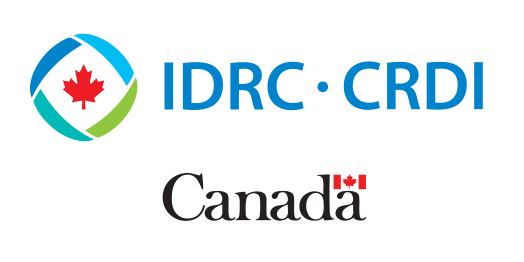Equitable Global Health Research Partnerships
Why focus on this topic?
Global health research has a duty to promote equitable partnership throughout the research process. Global health research partnerships often favour global north institutions and their researchers, who control funding, shape analyses, own data, and gain prestige, while global south partners typically bear administrative study costs, collect data, and receive limited leadership roles in studies that they ensure run successfully. Institutional partners like funders, research institutions, and journals also play a significant role in whether and to what extent (in)equitable global health research practices are encouraged and implemented.
How is this research done?
To improve institutional practices and policies that support equitable global health research, it is important to develop resources that address the systemic barriers researchers in the global south and north face. We are conducting a network analysis to characterize the structure of institutions that interact as part of the global health research network and describe the experiences of global south and north scholars who engage with these essential institutions. Through qualitative interviews, we explore the perspectives of global health researchers from the south and north to learn more about the inequities created in these partnerships. We also assess researchers’ awareness, adoption, and support of equitable global health principles within the global health research landscape through a comprehensive survey.
What do we expect to find and why it matters?
We expect to identify key institutions involved in global health research, including those that play the most central roles and form important groups. The project will also shed light on partnerships between the global south and north, highlighting power dynamics and systemic challenges in producing this research. Researchers may identify ways institutional actors like funders, research institutions and universities, and journals either facilitate or inhibit equitable processes and practices among global south and north partnerships. The survey and interviews will offer practical tools to promote principles that guide equitable practices in global health research and will inform barriers to their current adoption.
The research findings will lay the groundwork to advance a systems thinking approach to equitable global health research principles and practices. This approach has the potential to speed up ways to institutionalize these practices among stakeholders. Findings will drive institutional change by reshaping research policies and fostering equitable global health communities. We plan to share insights widely through infographics, conference presentations, publications, and policy briefs to encourage the broader adoption of fairer and more equitable practices among researchers.
